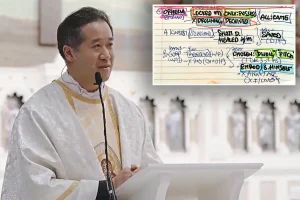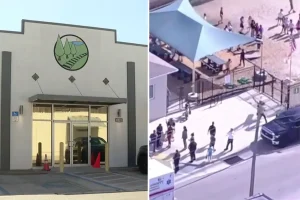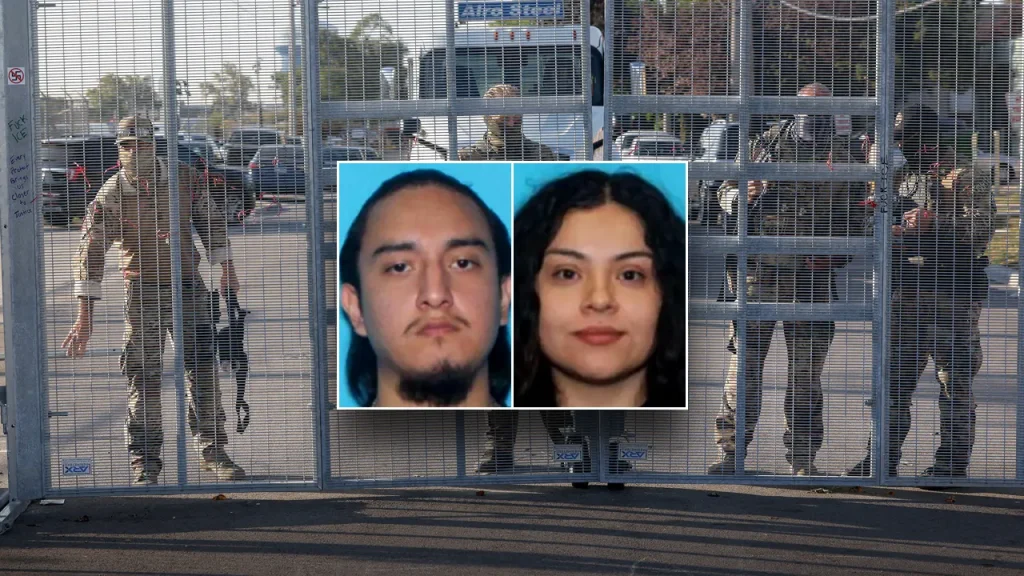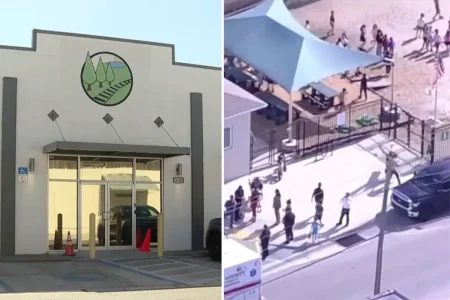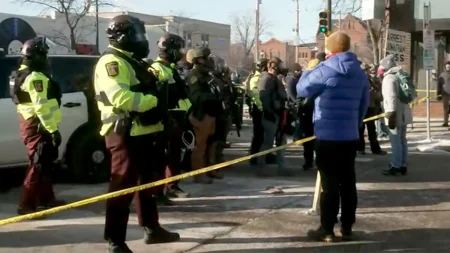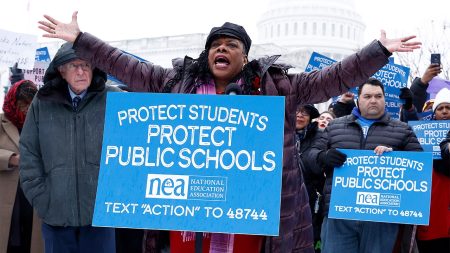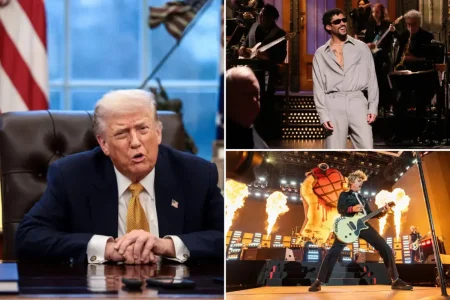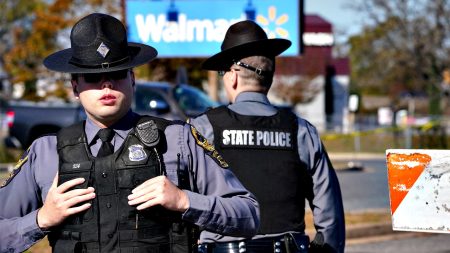FBI Director Patel Vows Justice After Suspects Allegedly Ram DHS Vehicle
In a bold response to escalating tensions between federal law enforcement and protesters, FBI Director Kash Patel has promised accountability following an alarming incident in Chicago. Two individuals, Marimar Martinez and Anthony Ian Santos Ruiz, have been arrested after allegedly attacking Department of Homeland Security (DHS) agents by ramming their vehicle last Saturday. The DHS has categorized the suspects as “domestic terrorists” who “ambushed” federal agents, with Martinez reportedly being armed with a semi-automatic weapon and having a history of exposing federal agents’ personal information online. This incident represents a troubling escalation in confrontations between federal authorities and those opposing their operations, highlighting the increasingly dangerous environment in which law enforcement personnel are operating.
The confrontation in Chicago quickly deteriorated as additional protesters gathered at the scene, creating what the DHS described as an “increasingly violent” situation where individuals threw “smoke, gas, rocks, and bottles” at federal officers. Following the initial vehicle assault, Martinez reportedly sustained injuries from “defensive fire” by Customs and Border Protection (CBP) agents, was treated at a hospital, and subsequently transferred to FBI custody. The second suspect, Santos Ruiz, who allegedly participated in ramming the federal vehicle, was also apprehended. Both individuals now face serious federal charges for assaulting federal officers with a deadly or dangerous weapon, which carries significant penalties under U.S. law. The FBI is treating these cases as “assaults on federal officers” (AFOs), prosecuting them under Title 18 of the U.S. Code, which specifically addresses violent acts against federal officials performing their duties.
FBI Director Patel made his position unmistakably clear in a public statement: “Attack our law enforcement, and this FBI will find you and bring you to justice.” This direct message underscores the federal government’s zero-tolerance approach to violence against its officers, regardless of the political or social context surrounding such confrontations. The incident in Chicago appears to be part of a concerning pattern, as just one day earlier, two other suspects—Miguel Escareno De Loera and Widman Osberto Lopez-Funes—were arrested in similar circumstances, also accused of using vehicles as weapons in “deliberate attempts to ram and injure” Immigration and Customs Enforcement (ICE) officers in the Chicago area. These sequential attacks suggest a potentially coordinated effort to target federal immigration enforcement operations.
The situation in Chicago further deteriorated due to apparent tensions between federal and local authorities. The DHS statement made a pointed reference to “JB Pritzker’s refusal to allow local police to help secure the scene,” suggesting that Illinois Governor Pritzker may have limited local law enforcement cooperation with federal agents. This apparent jurisdictional friction adds another layer of complexity to an already volatile situation. In response, according to the DHS, “Secretary Noem has deployed special operations teams to restore law and order.” This indicates involvement from South Dakota Governor Kristi Noem, though the exact nature and authority of this interstate deployment remains unclear in the provided information. Such disagreements between state and federal authorities over immigration enforcement priorities have become increasingly common across the United States.
These incidents in Chicago represent a dangerous evolution in the ongoing national debate over immigration policy and enforcement. What once manifested primarily as protests and civil disobedience has apparently escalated to physical confrontations and potentially life-threatening assaults on federal officers. The characterization of these suspects as “domestic terrorists” by the DHS signals how seriously federal authorities view these actions. At the same time, the context surrounding these confrontations—specifically, opposition to immigration enforcement operations—reflects the deep societal divisions on immigration policy. These divisions have intensified in recent years, with some communities showing resistance to federal immigration operations within their jurisdictions.
The broader implications of these incidents extend beyond the immediate criminal cases. They highlight fundamental questions about the relationship between federal enforcement agencies and local communities, the boundaries of legitimate protest versus criminal conduct, and the increasingly polarized nature of immigration policy discussions in America. As federal authorities pursue prosecutions against those involved in these attacks, the cases will likely become focal points in the national conversation about immigration enforcement tactics and the appropriate response to federal operations. Meanwhile, law enforcement personnel continue to navigate these tensions while performing their duties, often finding themselves caught between competing political pressures and genuine safety concerns. The FBI Director’s promise of justice serves not only as a warning to those who might contemplate similar actions but also as reassurance to federal officers that their safety remains a top priority amid these challenging circumstances.
